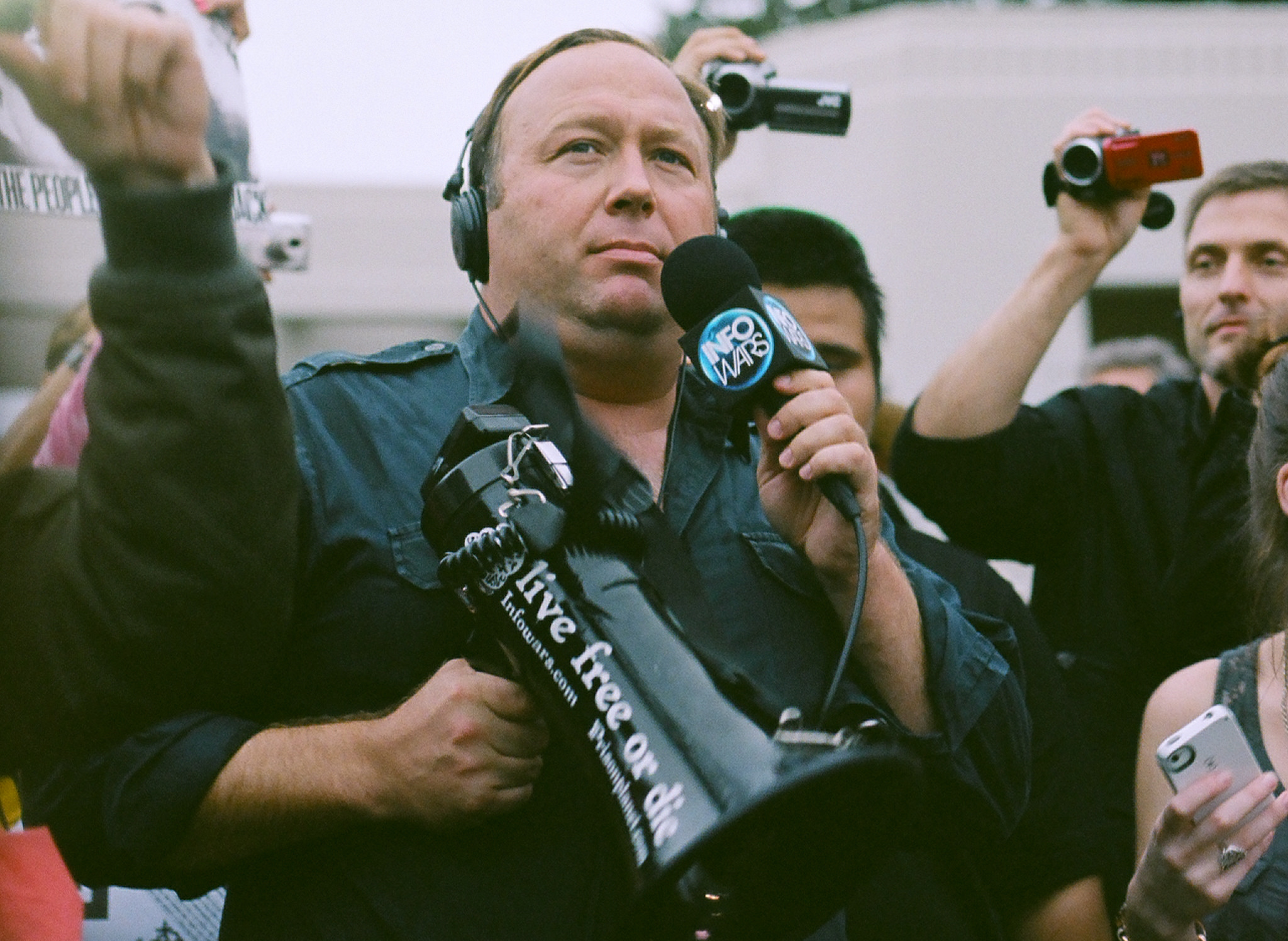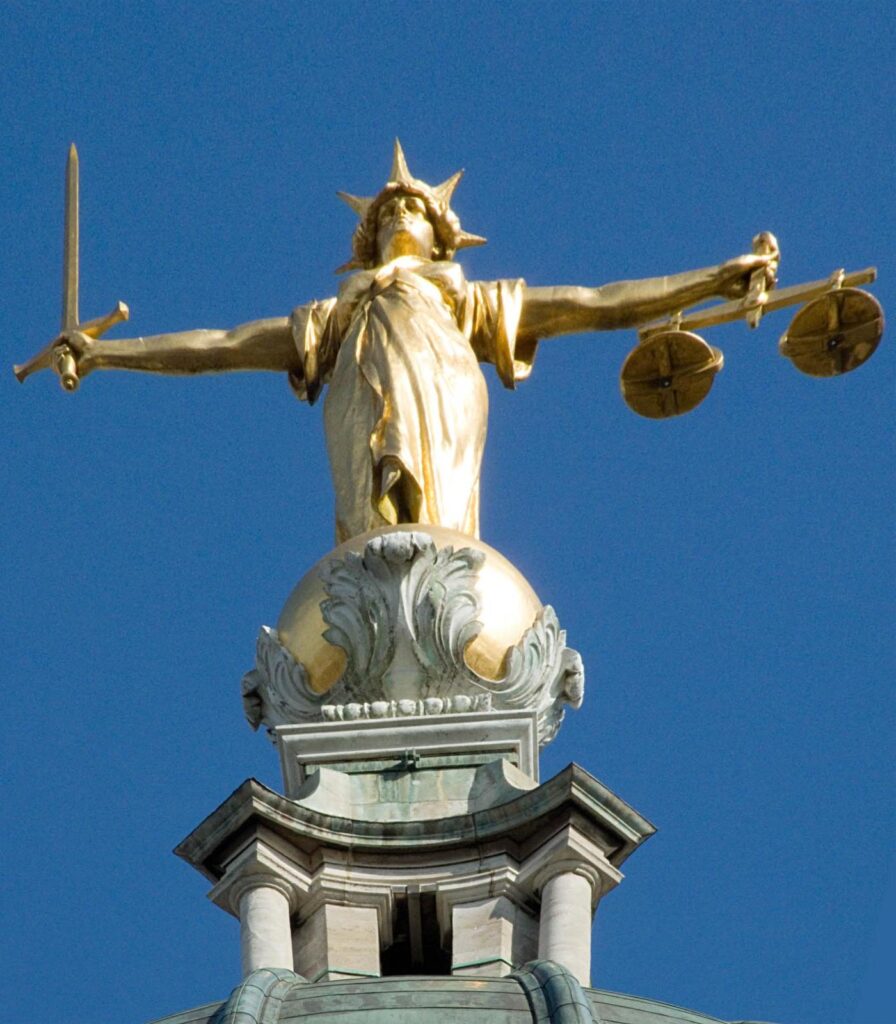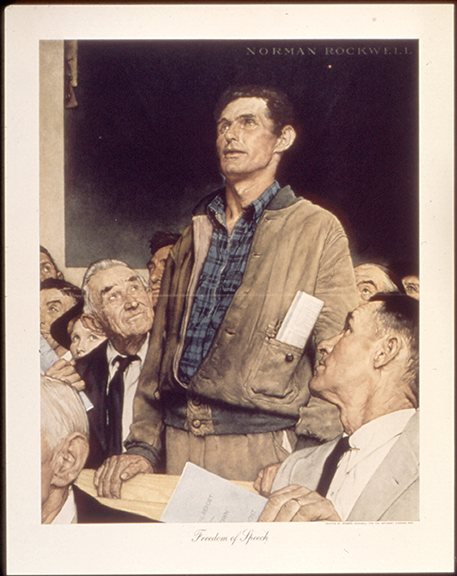SUPREME COURT Ends 2023 term
Several important decisions on free speech issues were handed down by the Supreme Court in the session ending June 30, 2023. Linda Greenhouse of the New York Times notes that this session caps the triumph of what would have been an unimaginably right-wing agenda when John Roberts became Chief Justice in 2005.
Of course the big swing to religious law was Dobbs v Jackson Women’s Health Organization last year overturning Roe v Wade. This year it was 303 Creative v. Elenis — a case involving the balance between individual religious rights and public accommodations. In 303 Creative, the Supreme Court ruled that the First Amendment prohibits the state of Colorado from forcing a website designer to work with content that conflicts with her beliefs, such as gay marriage.
The case overturns a ban on commercial discrimination based on sexual orientation in the 2018 decision in Masterpiece Cakeshop, Ltd. v. Colorado Civil Rights Commission. The 303 Creative case also calls into question the 2015 case Obergefell v. Hodges in which the court said same-sex marriages were unconstitutional.
Justice Sonia Sotomayor’s dissenting opinion in 303 Creative notes how far the decision crosses the line separating church and state: “Today, the court, for the first time in its history, grants a business open to the public a constitutional right to refuse to serve members of a protected class.” This is a backlash against people’s rights, she says. “New forms of inclusion have been met with reactionary exclusion. This is heartbreaking. Sadly, it is also familiar. When the civil rights and women’s rights movements sought equality in public life, some public establishments refused. Some even claimed, based on sincere religious beliefs, constitutional rights to discriminate. The brave Justices who once sat on this Court decisively rejected those claims.”
Other cases this term included:
Counterman v. Colorado — A “true threats” case — The court said that the First Amendment limits laws that make it a crime to threaten people on the internet. In such cases, governments must prove that the defendant acted with a culpable mental state, and not only that his words were objectively threatening. The ACLU commended the court’s decision. The case is also significant in that the court used the New York Times v Sullivan standard, which two of the justices (Thomas and Gorsuch) would like to overturn. That now seems unlikely.
US v Hansen –– Criminal solicitation — A law against encouraging illegal immigration is constitutional, the court said, so long as it applies specifically to criminal acts and not to general ideas about immigration, which are protected under the First Amendment.
Groff v. DeJoy — Religious accommodation — A US Postal Service delivery worker sued because he was being forced to work on Sundays. “Title VII requires an employer that denies a religious accommodation to show that the burden of granting an accommodation would result in substantial increased costs in relation to the conduct of its particular business,” the court said.
Gonzalez v Google LLC and Twitter v Taamineh both involved the extent of protection for YouTube (Google) in automatically posting and recommending terrorist recruiting videos; they also involved the broader question of how social media and the internet are to be regulated. The SCOTUS Blog has a valuable repository of documents about the case. In both cases, the anti-terrorism law was held NOT to apply, and no decision was made about Section 230 specifically or whether or not to change the way social media and the internet are regulated.
censorship
Tic-Tok banned in 19 US states, and often on wifi at public universities, because it poses a theoretical national security risk by giving the Chinese government an ability to monitor users.
Journalists arrested in Asheville, NC, for taking video of police enforced evictions. They were convicted of trespassing in April, 2023, but in May, forty five journalism and human rights organizations wrote in support of an appeal. And on May 30, defendants Matilda Bliss and Melissa Coit filed a motion to dismiss the charges.
Proposals for book bans and gag orders in education have increased 250 percent in 2022 compared to 2o21, according to a study by PEN America, a non-profit free speech advocacy group.
libel
Voting machine company libel suits continue against Fox News, One America News Network and three Trump advisors, despite the settlement of the Dominion case on April 19, 2023. That settlement came after Fox underestimated the strength of Dominion’s case against them, according to a May 27, 2023 NY Times article.
The Smartmatic voting machine company is the second to bring a libel case against Fox over lies about election fraud in 2020. Participants in that case took depositions in the fall of 2023 and say the trial might be scheduled for 2025. The allegation is that Fox and OANN aired a pattern of defamatory claims from Trump supporters about illegal manipulation of vote counts that threw the 2020 election to Joe Biden. Depositions in advance of the trial have shown that Fox personalities did not believe the claims at the time they were aired. One Fox personality, Tucker Carlson, was forced to resign from Fox News due (in part) to the disgrace he brought onto the network.
privacy
New European regulations on digital privacy will take effect in 2023 and 2024. As part of the new push to improve digital privacy, the EU fined Facebook / Meta 1.2 billion Euros for privacy violations on May 22, 2023.
Digital media
State of Missouri v Biden — Federal government pressure on social media sites is a violation of their First Amendment rights according to a sweeping decision by a federal judge. A July 4 decision in a Louisiana federal court restricted communication between the Biden administration and social media platforms — calling it “Orwellian” violation of the First Amendment. The Biden administration disagrees. Fox headlined the issue: “Big Tech Censorship Goes to Court.”
Section 230, (of Title 47, US Code) the social media liability shield, still stands after two similar cases Gonzalez v Google LLC and Twitter v Taamineh by the US Supreme Court on May 18, 2023 (noted above).
Section 230 is unpopular on both sides of the political aisles. The Biden White House has renewed the call for repeal of the liability shield for social media companies in of 2022. President Joe Biden is focused on six reform principles, which also include stronger competition and privacy protection laws, greater transparency and more consideration of mental health issues.
The Brookings Institution has a Guide for Conceptualizing the debate over Section 230, such as individual harms, general harms and policy challenges.
COPYRIGHT
Dr Dre sends “cease & desist” letter to Rep. Marjory Taylor Green, who is using his music without permission on social media.
Steamboat Willie, the first Mickey Mouse cartoon, goes into the public domain (loses copyright protection) this year. What will it mean? Not that much, says Brooks Barnes in the New York Times Dec. 27.
A federal court in California rejected Facebook’s “safe harbor” Section 230 argument in a copyright case in January 2023.
Close to home
Virginia state consumer data protection act took effect Jan 1, 2023. Critics say it doesn’t go far enough,
Social media: State Del. Nadarius Clark, D-Portsmouth, is proposing an investigation into the impacts of social media on Virginians.
Anti-fraternity ordinance in Radford — Sec. 120.1-64. entitled “Additional requirements for Greek organizations/signs” — remains in effect, despite Reed v Town of Gilbert, 2015, and the “content discrimination principle.”





 The last time a sitting president sued a newspaper for libel, laughter broke out on the floor of the US Senate.
The last time a sitting president sued a newspaper for libel, laughter broke out on the floor of the US Senate.